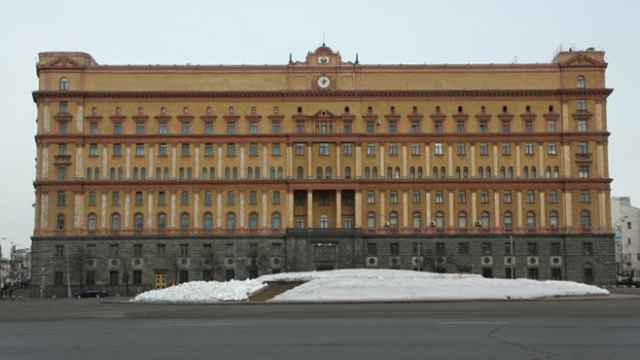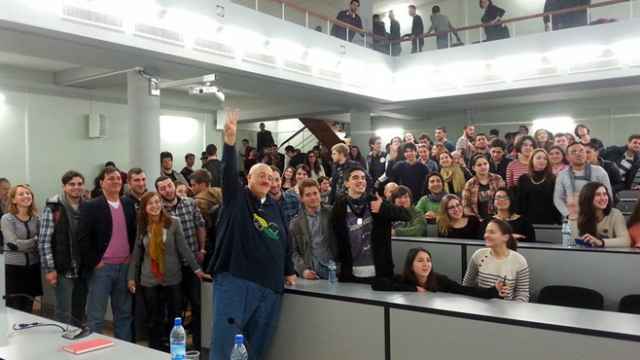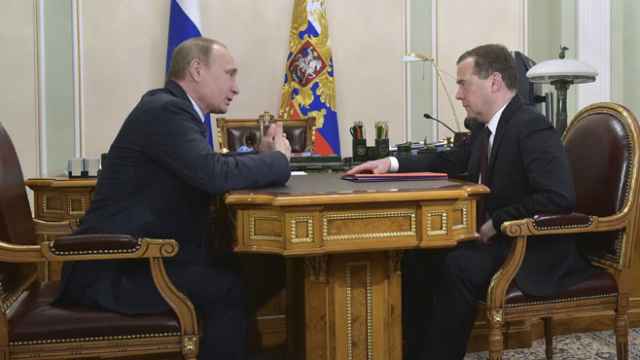It is difficult to come up with new and convincing arguments proving that free market competition improves living standards. There are convincing theoretical arguments in support of both free market and state-managed economies, but there are few good comparisons based on hard data. That is partly because it is very difficult for economists to conduct experiments.
Of course, economists conduct many experiments, including laboratory tests, but it is difficult to stage a lab experiment that will answer the question of whether a free market is more efficient than a regulated economy.
The only option is to rely on "natural experiments" — situations where something in the market changes due to external causes, and then comparing the conditions before and after.
By the way, astronomers face a similar problem: they cannot conduct laboratory experiments on many phenomena and often have to wait for a specific event to occur in the cosmos in order to study it.
The collapse of the Soviet Union in the early 1990s — one of history's largest peacetime economic disasters — served as one such natural experiment and demonstrated the consequences of the absence of a free market.
However eloquent and persuasive the arguments are concerning the collapse of the planned economy, they are only convincing with regard to a fully nationalized economy.
They are less convincing when they concern only a slight change in the level of competition.
Consider the appearance of Uber, Yandex Taxi and other Internet-based taxi services. This is a full-fledged "natural experiment" — a new technology that changed the market, bringing the customer into even more direct contact with potential taxi drivers.
The result is that the price of a taxi ride decreased.
No full-scale survey has yet been made of the taxi market, but no one doubts that prices for a taxi ride in Moscow have fallen substantially since those services entered the market.
While many firms previously charged a minimum of 400-500 rubles ($7.70-9.60) for a taxi ride in Moscow, it is not uncommon now for Internet service to offer prices of 150 rubles to 200 rubles for a comparable route.
But why do lower prices indicate higher efficiency?
If taxi trips costing 200 rubles are now possible, it means there are passengers who want to pay 200 rubles for a ride and drivers for whom that price is acceptable.
They both benefit from the fact that the trip takes place.
Previously, when the minimum market price for the same taxi ride was 400 rubles, that transaction might never have happened.
Facing low competition, taxi drivers were previously able to maintain artificially high prices.
That might seem like a minor example, but perhaps the same rule applies to the larger Russian market. If competition were to double — for example, by reducing the number of regulatory requirements — would prices also drop by 50 percent?
Konstantin Sonin, a columnist for Vedomosti, is professor of economics at the Higher School of Economics in Moscow.
A Message from The Moscow Times:
Dear readers,
We are facing unprecedented challenges. Russia's Prosecutor General's Office has designated The Moscow Times as an "undesirable" organization, criminalizing our work and putting our staff at risk of prosecution. This follows our earlier unjust labeling as a "foreign agent."
These actions are direct attempts to silence independent journalism in Russia. The authorities claim our work "discredits the decisions of the Russian leadership." We see things differently: we strive to provide accurate, unbiased reporting on Russia.
We, the journalists of The Moscow Times, refuse to be silenced. But to continue our work, we need your help.
Your support, no matter how small, makes a world of difference. If you can, please support us monthly starting from just $2. It's quick to set up, and every contribution makes a significant impact.
By supporting The Moscow Times, you're defending open, independent journalism in the face of repression. Thank you for standing with us.
Remind me later.






